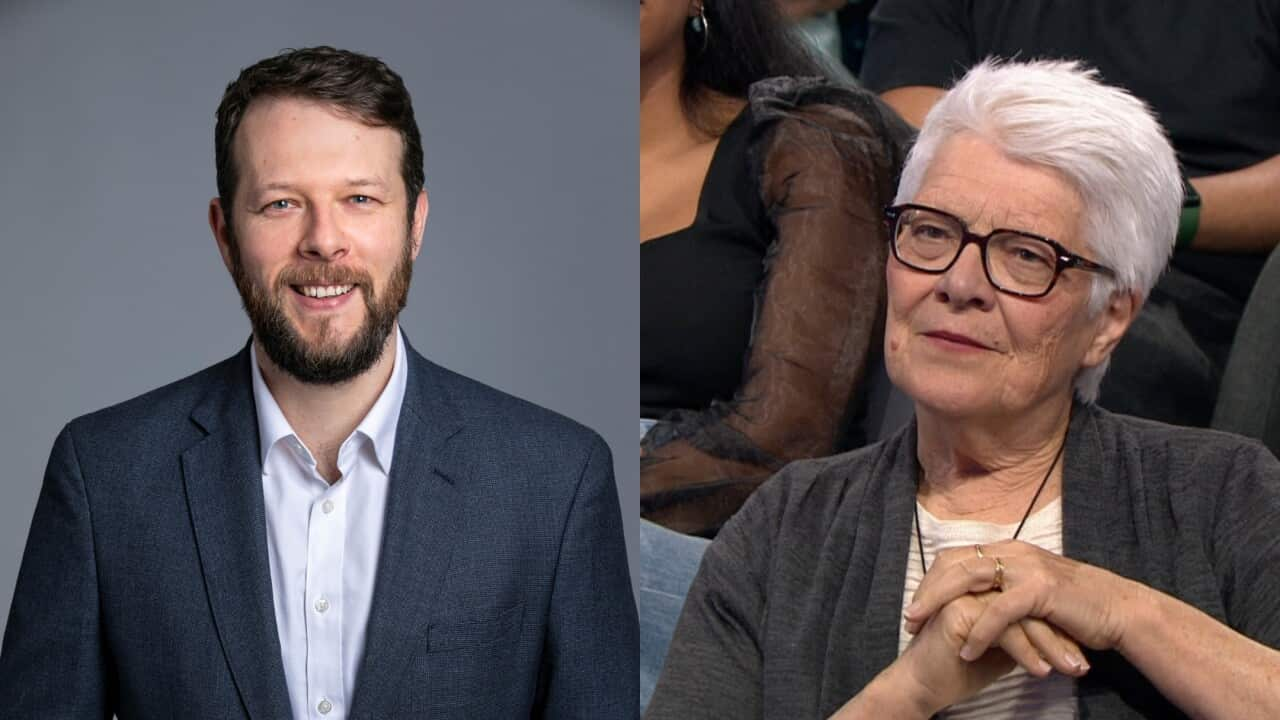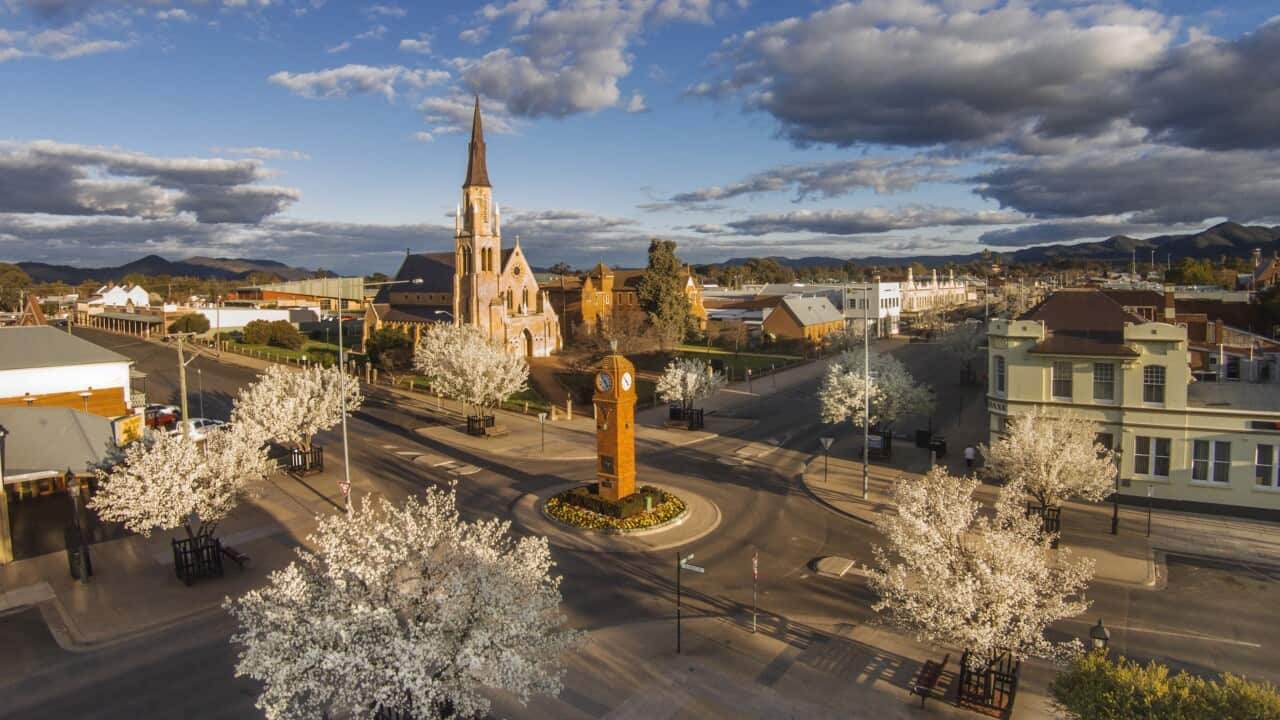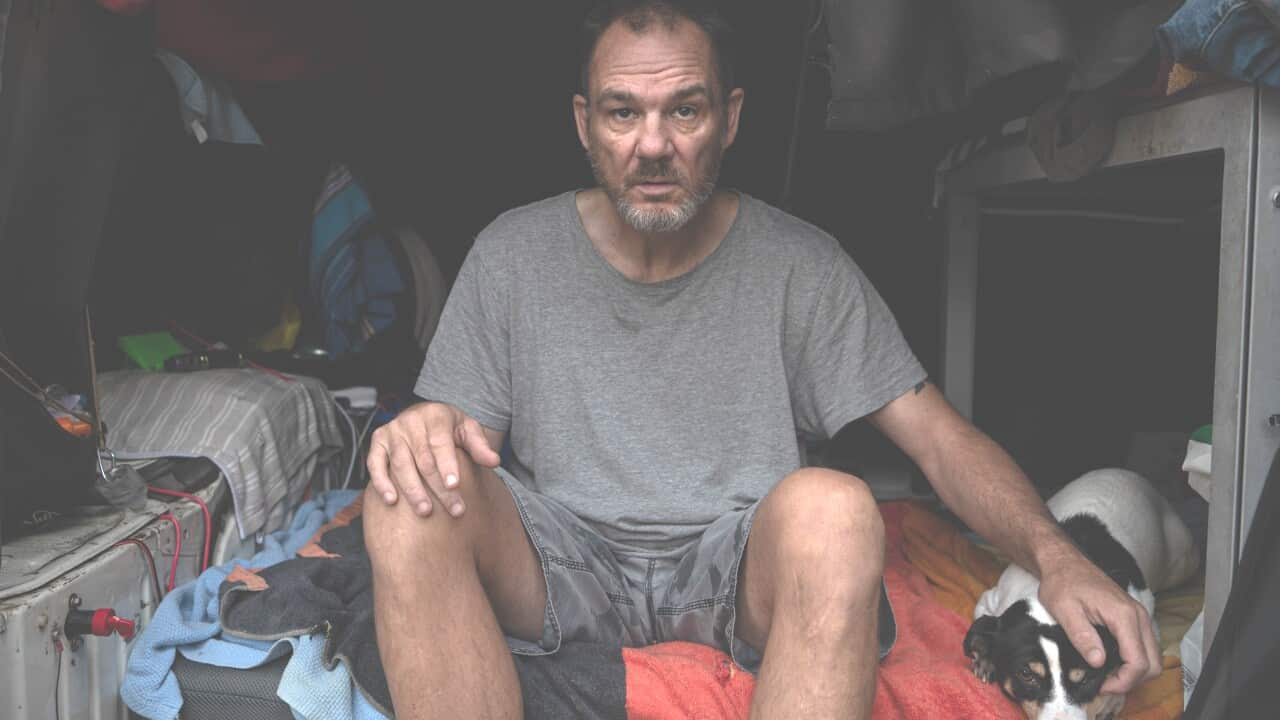Insight explores how community attitudes are impacting Australia's housing: is Nimbyism protecting our communities or holding us back and locking people out? Watch 'Not in My Backyard' on
The label NIMBY is usually used in a negative way, but Marilyn Palmer says she’s proud to be one.
“I think it’s a term that should be embraced,” she told Insight. “I think everybody should be a NIMBY."
NIMBY – the acronym for “not in my backyard” – usually denotes someone who opposes change or development in their local area.
And while some hail this as a protection against over-development, the has placed NIMBYism firmly in the spotlight, and experts are concerned this outlook could be preventing the ability to increase housing supply.
For Marilyn, concerns about profit over community benefit drive her resistance to development.
She lives in the coastal town of Bunbury, Western Australia, and objects to a proposal for a new 54-apartment block and car park for 140 cars near her home.
While she's not opposed to having more people living in the area, she has concerns about the scale of the development, and increased traffic on the roads.
And she feels miffed that locals weren't consulted on the development's design.

Marilyn Palmer opposes the development of an apartment block in her local area and says she's proud to be a NIMBY. Source: SBS
"It seems to be driven exclusively by profit."
NIMBYs, YIMBYs and the debate over high-density housing
As more and more Australians struggle with a lack of affordable housing, tensions are rising between those who want to keep their communities as they are, and others who welcome more high-density housing developments.
Jonathan O’Brien is a YIMBY – which stands for “yes in my backyard" – and leads housing advocacy group YIMBY Melbourne.
"There are places in inner city Melbourne and Sydney where there just aren't enough homes … we have to build more homes where people want to live," he told Insight.
"People go to inspections for a rental and they're one of 30 people showing up to inspect an apartment. Renters are competing for landlords, and not the other way around."
There were 46,546 residential dwellings commenced in the March quarter, 6.6 per cent fewer than the March quarter last year, according to the Australian Bureau of Statistics.

The price of rental units has increased in all of Australia's capital cities. Source: SBS
"Across so much of Melbourne, you can only build a single dwelling and you can only build two storeys. That doesn't strike us as a sustainable way to keep a city going," he said.
"If we want to encourage walkable, liveable cities with mixed-use developments and community amenities, we absolutely have to up-zone our inner cities."
Who gets a say in community consultation?
Jonathan says community consultation processes are problematic because they generally favour a privileged few: those with time on their hands; those with an understanding of, or ability to get across, complicated planning laws; and those who already live in the area.
"The community consultation process locks out a really key voice, and that's the voice of people who want to live in a place, but are unable to. Whether that be because of affordability, whether that be because of lack of supply, those people don't have a voice in these processes."
He added that, while he empathises with those facing development in their backyard, this is an inescapable reality for those living in cities.
"There are trade-offs that have to be made. And the provision of more homes for more people is a trade-off that we believe is worth making."

YIMBYs, who favour higher-density housing development, say that construction near people's homes is an inescapable reality for those living in cities. Source: AAP / Luke Costin
"NIMBYism is absolutely having an impact on housing supply. We're in a housing crisis right now [and] we need to build lots of houses for everybody," he told Insight.
"There's certainly a lot of people who don't like change, and don't accept that places change over time … but change is inevitable if you're living in a city."

Eamon Waterford, CEO of the Committee for Sydney, says NIMBYs are exacerbating the housing crisis. Source: Supplied
"The downside to such a low-rise and low-density area that I live in means that it's a pretty dull suburb. There's certainly nothing going on at night, no restaurants, no bars, cafes, nothing that makes my community fun."
He says a greater number of people within walking distance would lead to more amenities in the suburb.
"It will potentially have enough customers for businesses to start in that area. And that will mean more opportunities for me."
'If you live in a good area, why wouldn't you try to keep it the same?'
But others say they have every right to protect what they love about their local area.
Digby Hughes moved from Sydney’s Northern Beaches to Jervis Bay on the NSW South Coast to get away from “the crowds, the busyness, the traffic".
He thinks new housing should be built in cities and he opposes developments that he feels would “denigrate the environment".
“I went down there to live because of the natural, beautiful environment,” he told Insight.
“If you live in an area and you think it’s a good area, why would you not try and keep that area as you like it?”

Digby Hughes says if you like in a beautiful area, you should fight to keep it the same. Source: SBS
“Come and talk to us about what the ideas are,” she said.
While Eamon believes NIMBYism can be a hindrance to growth and housing provision, he agrees NIMBYs can help provoke conversations that can lead to better outcomes.
"NIMBYism in the pursuit of a good experience with nature can be really helpful for a conversation about how we change and grow," he said.
"It really tests and sharpens the change that we will see in our cities."













